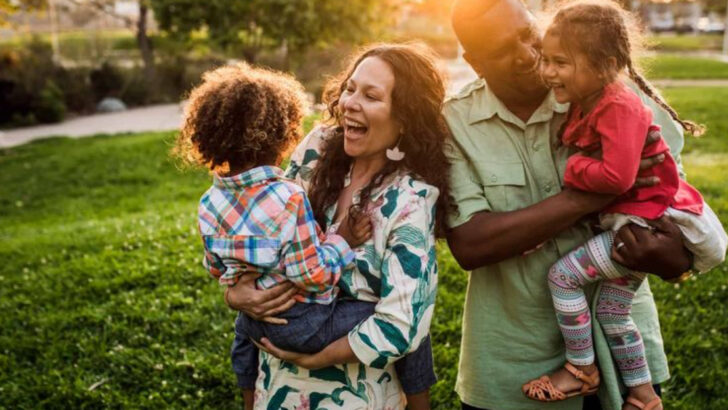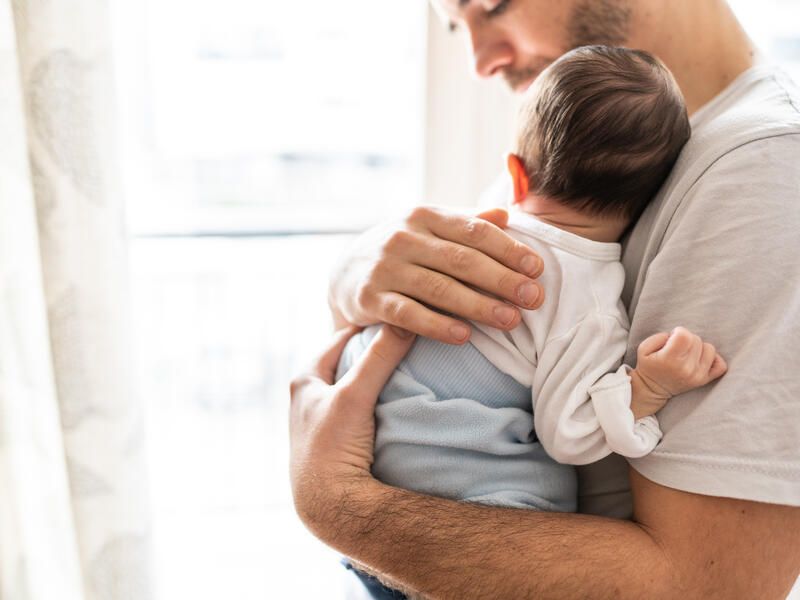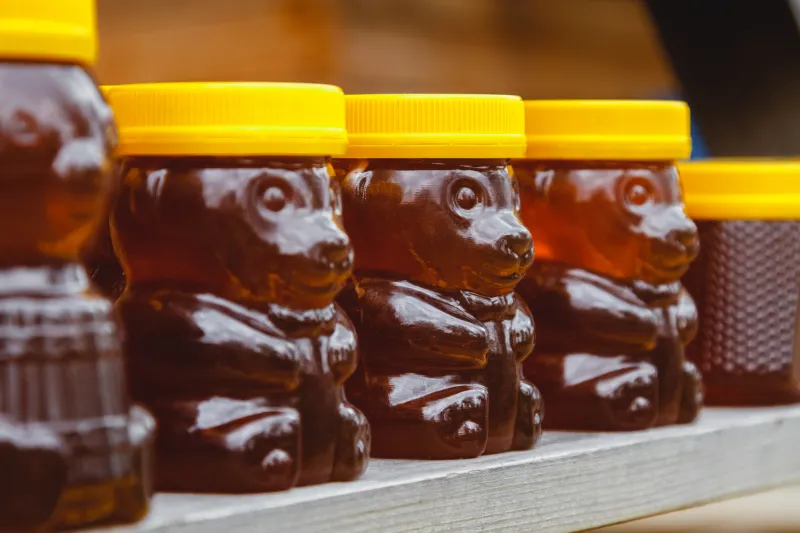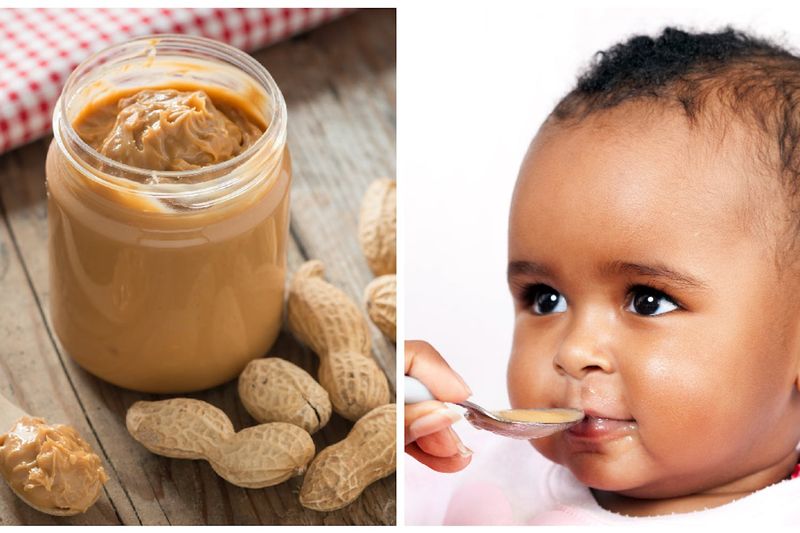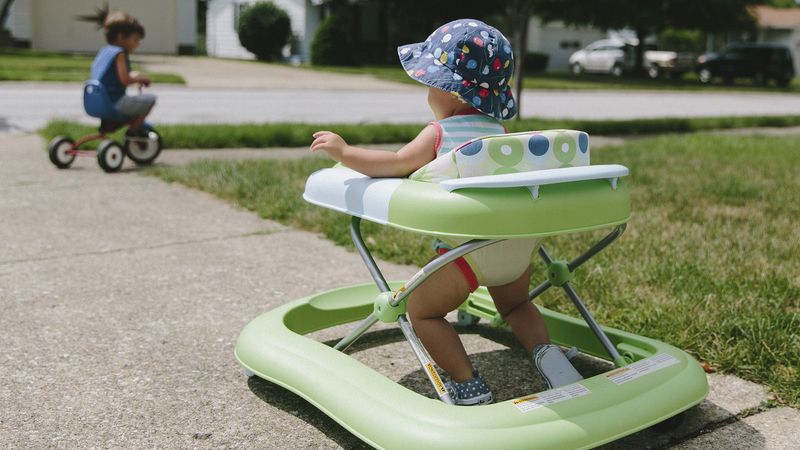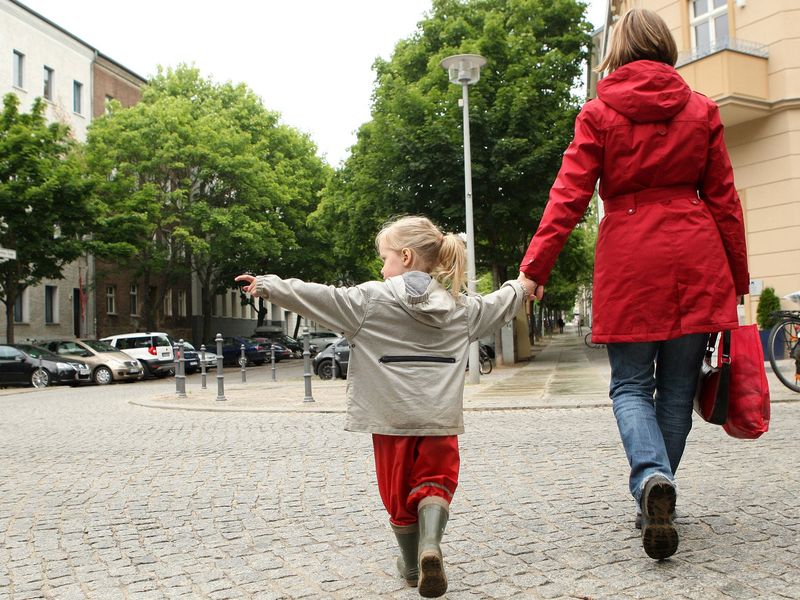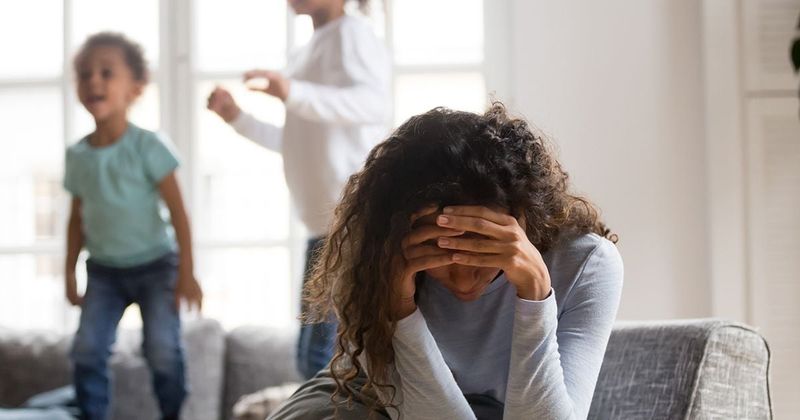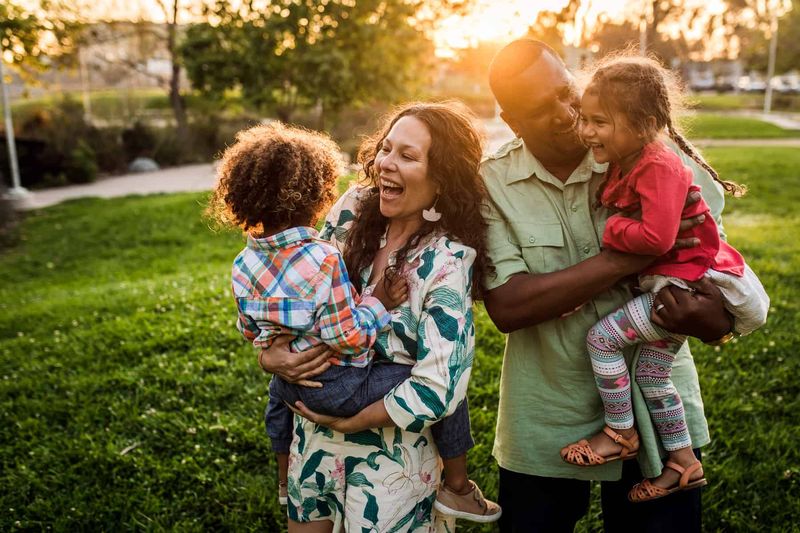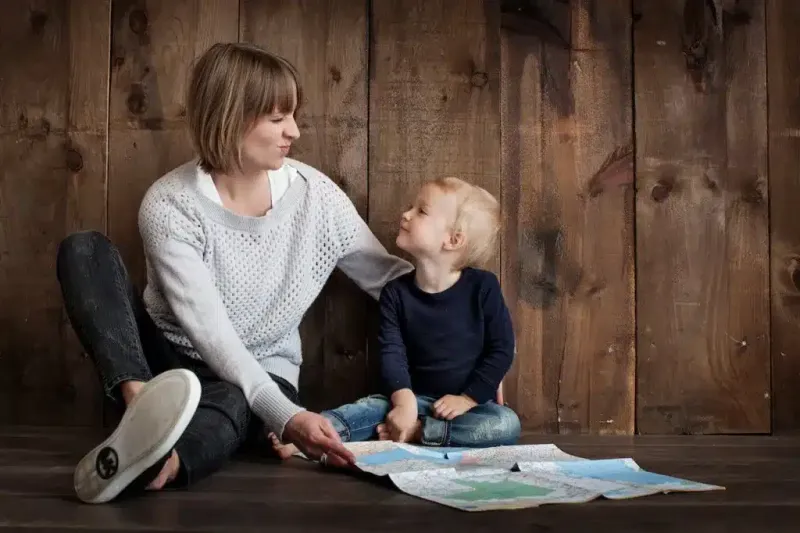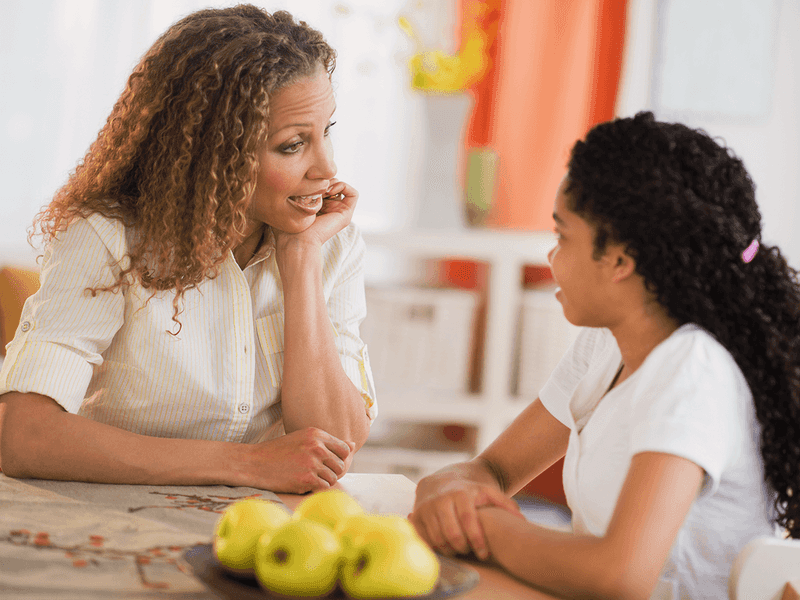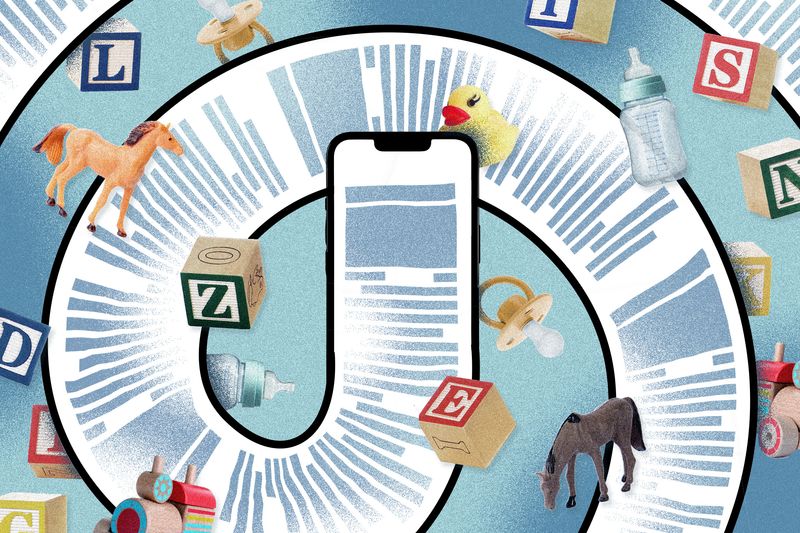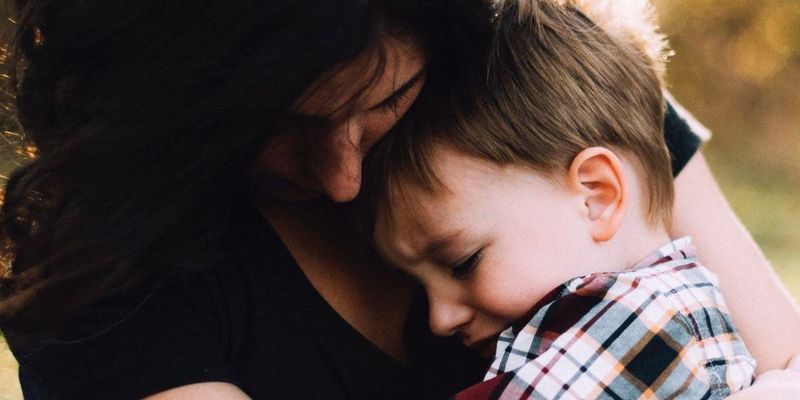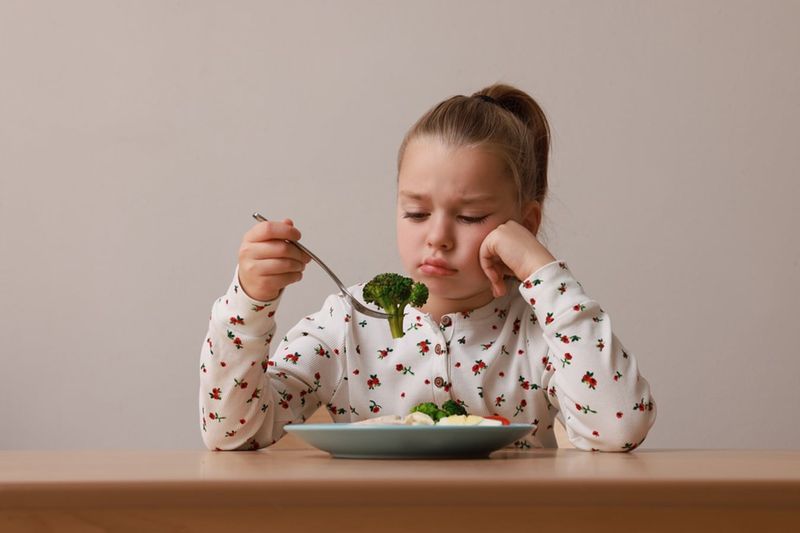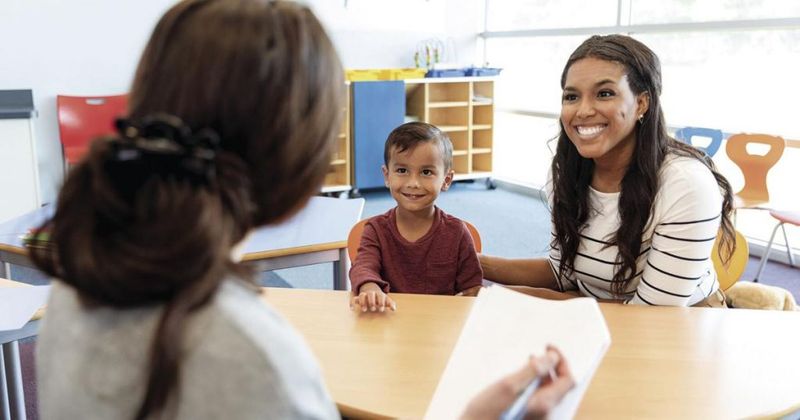You know that moment you’re standing in the grocery store, your kid melting down, and you can practically feel the eyes of every other parent judging your every move? I’ve been there, and I know the sound of old advice echoing in your head, too.
Let’s get honest: a lot of parenting wisdom we grew up hearing is… well, nonsense — and sometimes, it actually hurts more than it helps.
So here’s the truth: these fifteen myths? They’re not just outdated, they can mess with your head, your heart, and your kid’s future. Let’s untangle the mess together, one real talk at a time. If any of these hit close to home, you’re not alone. Time to break the cycle.
1. Too Much Love Spoils Children
You ever hear someone whisper, “Don’t pick them up so much, you’ll spoil them?” I remember my mum giving me that look when I rocked my son to sleep for the third night in a row. But here’s the wild part: kids don’t overdose on love.
What actually messes them up? Coldness, not cuddles. Studies show that children who feel consistently loved and safe wind up more confident and socially connected, not bratty or needy.
So if you worry you’ve hugged too tight or told them "Eu amo-te" too often, drop that guilt. Love isn’t a limited resource or a dangerous drug. It’s the ground your kid will stand on their whole life. No parent ever broke their child by loving them too much.
2. Honey for Babies Is Safe
It’s tempting, right? You want to give your baby a taste of everything sweet in life—literally. But honey is no innocent treat for little ones under a year old.
My neighbor once told me, “A spoonful of honey soothes a cough.” It’s a generational thing. But babies can get botulism from honey, and their bodies just can’t fight it off yet.
That golden syrup on your shelf? Wait until after their first birthday. It’s not paranoia—it’s protection. Your love is sweet enough right now. Skip the honey for now and save it for their first big birthday cake.
3. Wait to Introduce Peanuts
I used to panic at the thought of peanut butter anywhere near my baby’s chubby hands. Old advice said hold off, right? Turns out, science flipped the script on us.
Introducing peanuts early—think around 6 months, if your pediatrician gives the green light—can actually help prevent allergies. Waiting too long might make things riskier.
Sounds backwards, but letting your baby try small amounts of peanut products while you’re watching closely is what research backs up now. Peanuts at preschool? Maybe not. But a home, with you by their side? It could be the safest move you make.
4. Baby Walkers Help Walking
I get it—those flashy walkers look fun, like a shortcut for baby’s first steps. My cousin swore her son would walk by nine months because he zipped around the house in one.
But walkers actually delay real walking skills. They just let kids scoot around without learning to balance, and they increase danger—from falls to head bumps.
The best support? Let your baby wobble, push, and pull themselves up on sturdy furniture. Trust their wobbly process. The only thing a walker speeds up is your stress level (and maybe the emergency room visit).
5. Alone Time Creates Independence
Do you ever hear, “Leave them alone, they’ll toughen up?” It sounds almost old-school tough love. But independence doesn’t grow in a vacuum.
Kids build real confidence when they feel you’re close by, a silent safety net. It’s the freedom to wander, knowing you’re right there if they fall.
It’s not about quantity of solitude, but quality of trust. You can let them try new things, but don’t confuse distance with independence. Being present—sometimes just in the background—matters more than letting go entirely.
6. Good Parents Don’t Get Angry
Ever slam a door after bedtime and wonder if you’re failing them? I did. The myth that “good moms never yell” haunted me through every meltdown.
Truth? Anger is human. Our kids need to see us lose it sometimes—and then watch us apologize, regroup, and do better.
It’s not about never getting mad, but about what we do after. Our reactions teach them how to handle big feelings. So own your anger, fix your messes, and show them what real grace looks like.
7. Quality Time Beats Quantity
Everyone says, “It’s the quality that counts.” But when did “enough” become a half-hour before bed, or during soccer practice? Kids remember you being there—consistently, even in the background.
The little bits add up. Lame car rides. Boring grocery runs. Routine wins over Pinterest-perfect moments every single time.
It’s not magic minutes, but ordinary hours that shape your bond. Stop chasing highlight reels. Just show up again, and again, and again.
8. Praise Always Builds Self-Esteem
“You’re amazing!” I used to say it for every scribble, every block tower. But too much praise turns into white noise, and sometimes, it backfires.
Kids start chasing approval instead of loving the process. Suddenly, they’re afraid to try unless someone’s clapping.
What actually builds them up? Honest feedback. “You worked hard on that.” “You kept going even when you got frustrated.” Praise the effort, not the easy wins. Self-worth grows from struggle, not applause.
9. Discipline Means Punishment
My grandma used to say, “Spare the rod, spoil the child.” Discipline was always code for punishment in our house. But discipline actually means to teach—not to scare or shame.
Kids need boundaries, not threats. The lesson sticks better when they know why, not just what.
Talk through the messes. Explain choices, explain consequences. It’s slower than a quick punishment, but it shapes a child’s character, not just their behavior.
10. Perfect Parents Know Everything
You ever feel like everyone else has it figured out? I still Google bedtime routines and snack ideas at midnight. That fantasy of the “perfect parent” who knows all the answers? Total fiction.
Kids change. Life flips the rules. The best thing we can do is stay curious, ask for help, and model learning for our kids.
The truth is, showing your child that you don’t know it all teaches them to be humble and resourceful. Perfection is boring. Growth is messy and honest.
11. Children Should Always Be Happy
Chasing constant happiness is a losing game. I remember trying to “cheer up” my daughter every time she looked down, stuffing jokes and distractions into her hands.
But real life is full of hard feelings. Kids need to know sadness, anger, and disappointment are okay to sit with—and that you’ll sit with them.
They learn to handle storms by weathering them, not ignoring them. The gift isn’t a happy face, it’s the safety of feeling every emotion with you by their side.
12. Academics Are Everything
There’s pressure everywhere—test scores, reading levels, endless homework. But a childhood buried in academics misses the point.
The world needs problem solvers, friends, and dreamers—not robots who only memorize answers. When we make curiosity and creativity as important as grades, our kids grow into whole people.
A collage of skills beats a single shiny trophy. Let them love stories, art, cooking, and soccer just as fiercely as math. That’s where real learning happens.
13. Bribing Works Long Term
We’ve all done it. “If you eat your broccoli, you’ll get ice cream.” In the moment, it’s magic. But bribes wear thin, and over time, they backfire.
Kids start doing things for rewards, not because it’s right or feels good. The cookie becomes the point, not the lesson or the effort.
Natural consequences and honest encouragement last longer than any sticker chart. Want to motivate them? Show them why something matters—trust me, it sticks better than a chocolate chip.
14. You Must Be Their Best Friend
You want them to tell you everything, right? I do too. But when I tried to be my daughter’s best friend, discipline and respect slipped.
Kids need safety and rules more than a buddy who never says no. Being the grown-up means weathering their anger or disappointment sometimes.
Friendship can wait. They’ll look for your guidance, not just your approval. Boundaries now build trust later. The best friendships grow out of respect, not constant yeses.
15. Parent Is the Only Teacher
The myth that we have to teach them everything by ourselves is exhausting. I used to feel guilty when my son learned something new from his teacher or even his friends.
But it takes a village, and that’s not just a cliché. Teachers, mentors, family, and even peers give our children pieces of the world we can’t provide alone.
Your job? Be their anchor—not their entire compass. Supporting and cheering from the sidelines matters as much as leading from the front. Let others help fill in the map.

